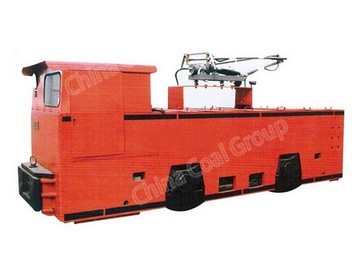Narrow Gauge Locomotive Definition
Date:2024-03-19 Label:
Electric Locomotive
Underground Mining Locomotive
Narrow Gauge Locomotive
A Narrow Gauge Locomotive refers to a type of steam, diesel, or electric locomotive designed to operate on railways with a track gauge narrower than the standard gauge. Standard gauge refers to the distance between the two rails on a railway track, which is typically 4 feet 8.5 inches .
Underground Mining Locomotive railways have track gauges narrower than standard gauge, often ranging from about 1 foot (305 millimeters) to 3 feet 6 inches (1067 millimeters), though there can be variations. These narrower gauges are often used in situations where space is limited, such as in mining operations, logging, agriculture, and for tourist railways. They can also be found in some rural or mountainous areas where the terrain makes it difficult or expensive to construct and maintain standard-gauge railways.

Narrow Gauge Locomotive are specifically designed to operate on these narrower tracks. They are typically smaller and lighter than standard-gauge locomotives, with smaller wheels and a narrower profile to fit within the narrower gauge. These locomotives may also have special features suited to the specific needs of the industries they serve, such as increased traction for steep gradients or the ability to negotiate tight curves.
Narrow Gauge Locomotive railways and locomotives have a long history, dating back to the 19th century, and they continue to be used in various parts of the world for both industrial and heritage purposes.